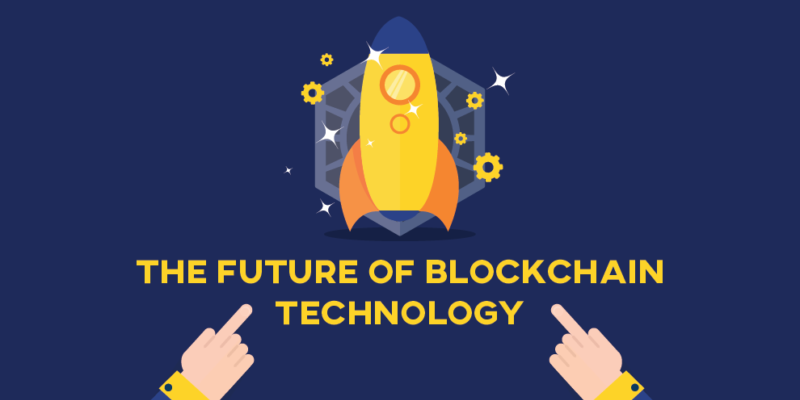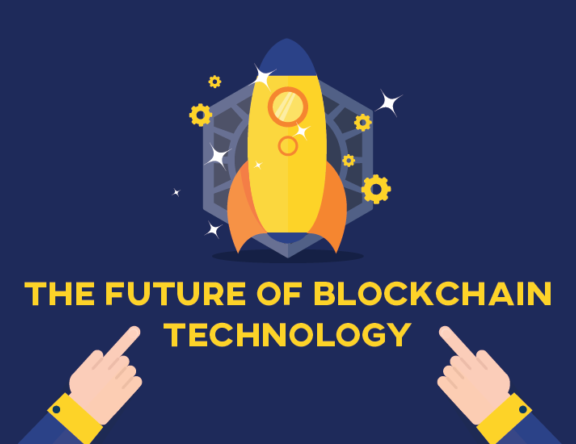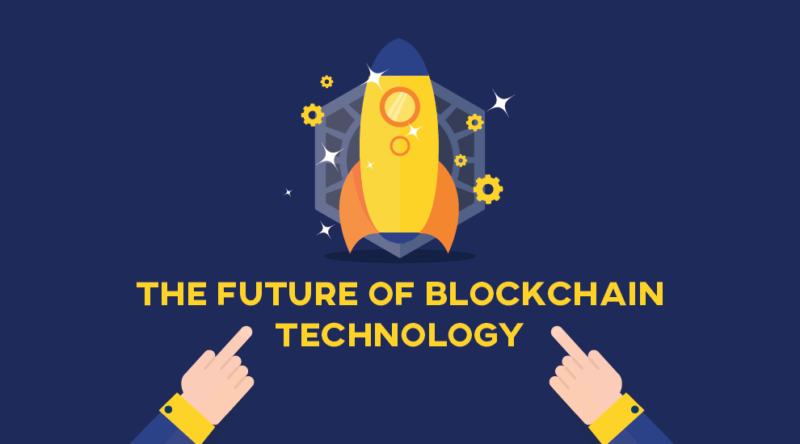

Blockchain; how does it shape our future?

Blockchain has taken the world since its creation in 2008.
Made popular as the engine for the cryptocurrency Bitcoin, blockchain is now being considered as the answer for many different industries. With the ability to provide a secure and efficient way to transfer data, many predict that the technology is going to have a big impact on our future.
Innovative startups are already finding ways to leverage blockchain technology to give facelifts to nearly every industry imaginable, changing traditional practices to make way for new, disruptive business models.
It’s difficult to imagine an area of life that won’t lend itself to a blockchain-fueled upgrade.
Although, how is it currently being used? And what impact will the technology have?
How Blockchain is currently being used
There are many different ways that blockchain technology is being used around the world. Perhaps the most obvious is Bitcoin, the first technology behind blockchain, but here are just some examples of future blockchain uses.
-
VeChain
Besides Bitcoin, another example of blockchain-enabled platforms is VeChain (VEN). Described as the world’s leading blockchain platform for products and information, VeChain allows users to track items and ensure the quality and authenticity of goods.
VeChain is regarded as one of the most promising enterprises in this field, already used by luxury goods firms, as well as in agriculture and government departments.
-
Basic Attention Token
Basic Attention Token is another project that has gained a lot of attention. Companies forked out over $200 billion in 2017 for advertising, and this figure is expected to rise substantially.
The companies are looking to re-invent online advertising by using a reward system to optimize the experience of ads. Rewards in the form of tokens can be exchanged between advertisers, publishers and users. While Basic Attention Tokens are a currency, they also represent viewer attention.

What impact will the technology have?
Here are just some examples of future blockchain uses.
-
Banking
With the ability to move money anywhere in the world with increased accuracy and improved security, blockchain can open up banking to people who wouldn’t otherwise have access to it. Interestingly, banks are also moving toward adopting this technology to make financial operations more efficient, fast and secure.
-
Decision-making
The blockchain can be used in business and government to increase transparency between parties, reduce corruption, and streamline bureaucracy. Transactions are tamper-proof and open to the public eye, allowing everything from rental agreements to national elections to be made fair and equitable.
-
Healthcare
It has the potential to improve medical access and efficiency. By allowing patient records to be shared securely between healthcare providers, doctors can bring all that information together to improve their diagnoses and develop more holistic treatment plans for individual patients.
With the wealth of patient data collated on the network, blockchain can help to advance more sophisticated medical research, potentially curing diseases or providing insights for more effective treatments.
-
Identity
Identity theft could also become a thing of the past with blockchain. All of your personal identity information, even your passport, educational records, and driving licence, can be securely stored on the blockchain.
-
Sports Betting
The application of blockchain technology in the online betting industry can provide numerous benefits to users. With trust being a major factor in online betting, blockchain can provide players with a new level of assurance that they are being treated fairly as each transaction is an open book.
There is far less risk of personal details being compromised or your identity being stolen, as digital currency transactions are pseudo-anonymous, with no need to link bank details or cards. As with the other industries, one should make sure to pick tested and trustworthy vendors to safeguard against rogue operators.
-
Insurance
Traditional insurance can also be enhanced significantly by automating payment on insurance cases. Implementation of smart contracts that are performed automatically will eradicate the long bureaucratic delays that involve a large number of managers making it possible for people to receive payments instantly.
There seems to be no doubt that blockchain is going to change our lives in the years to come.
The technology provides a solid solution to the increasingly prevalent problem of security that is faced across many different industries. And it seems it’s only a matter of time before blockchain is influencing our daily lives.



